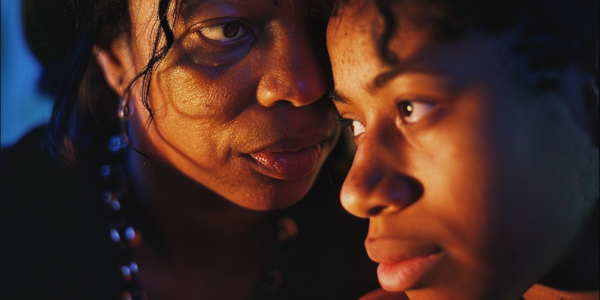Rising Concern Over Orthorexia
Orthorexia, an eating disorder focused on ‘clean’ eating, is not formally recognized in the DSM but is gaining attention from clinicians. Experts warn of the physical and emotional consequences of this obsession with healthy eating, advocating for greater awareness and support for those affected.
The Impact of Social Media on Male Body Image
Social media’s impact on men and teenage boys’ body image is concerning, leading to ‘bigorexia’ and muscle dysmorphia. Licensed clinical psychologist Joseph Trunzo highlights the pressure created by social media and urges mindfulness in exercise. Parents are encouraged to monitor their children’s social media exposure to combat unrealistic body standards.
Misunderstood and Misdiagnosed: The Challenges of Living with ARFID in Wales
Individuals with ARFID in Wales, like 21-year-old Rachel from Pontypridd, are feeling misunderstood and misdiagnosed by healthcare professionals. ARFID, a little-known eating disorder, has seen a sevenfold rise in inquiries over the past five years, highlighting the urgent need for improved support and care. Beat’s chief executive Andrew Radford emphasizes the lack of information, research, and specialized treatment for ARFID, calling for enhanced resources and funding to address the growing prevalence of the disorder.
Anorexia Nervosa in Adolescent Males: Identification and Treatment
Anorexia nervosa affects a small percentage of males with a higher mortality rate compared to the general population. Athletes, racially and ethnically diverse males, and LGBTQ+ individuals are at an elevated risk. Early identification and treatment are crucial in addressing this condition, which can lead to life-threatening complications. Family-based treatment is recommended as the first-line outpatient treatment for most adolescent males with anorexia nervosa.




